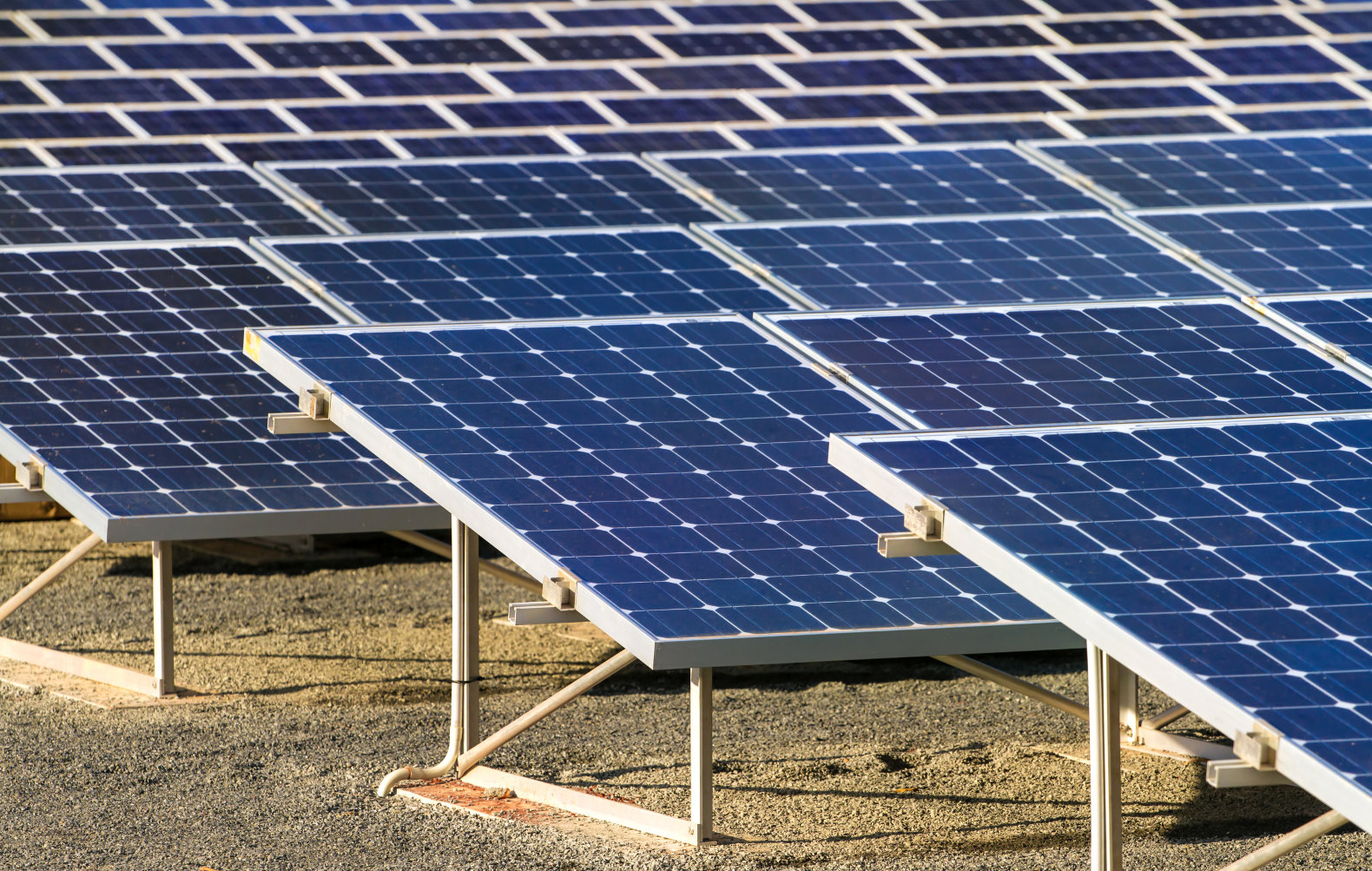Solar Energy Development Association Ethiopia, SEDA-E seeks to propose new national standards for the small scale solar home system with a primary aim of regulating imported items.
Most of the solar technologies used in Ethiopia are reported to be imported from Asian countries and a report by the World Bank Group magnifies that about 60% of the solar technology products in Ethiopia’s market are poor quality or sub-standard products.
According to Dereje Walelgn, president of SEDA-E, the new standard can ensure quality, as the market has been flooded with sub-standard products.
The standard was drafted with a joint effort by the Ministry of Water, Irrigation & Electricity, Ethiopia MoWIE, Standards Agency and Ministry of Environment, Forest & Climate Change with the initiation to drafting the standard coming from the ministry that requested the Standard Agency for the preparation of the standard in November 2016.
“We believe the standard will increase the use of renewable energy in the country and encourage the private sector to involve in the business,” said Frehiwot Kebede, state minister of MoWIE.
Also Read:SAWEA engages key constituencies
Impact assessment study
Currently, the association together with the Ethiopian Energy Authority are conducting an impact assessment study to make the standard obligatory.
“Renewable energy is a priority for us accompanied by the production of clean energy sources and increasing access to power. The standard could help the country in reaching a community which is in an off-grid area,” said Zewge Worku, acting director with energy efficiency and conservation at the Ethiopian Energy Authority.
Yilma Mengistu, director of standards at the Agency said the Standard Agency will be collecting feedback from stakeholders in 60 days and will incorporate them in the draft then it will become obligatory after it has been approved by the National Standardization Council.
“Hopefully, if the standard is approved, it would help control the lesser quality imports in the informal channels,” said Dereje.
